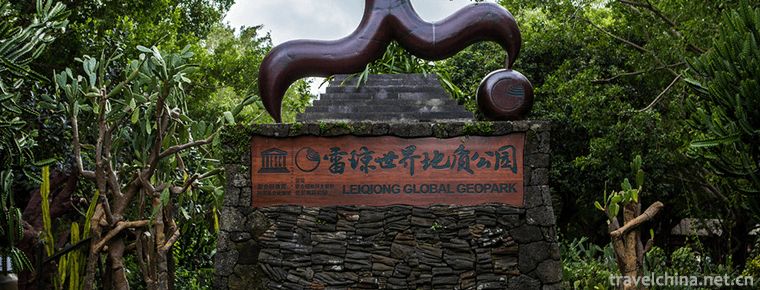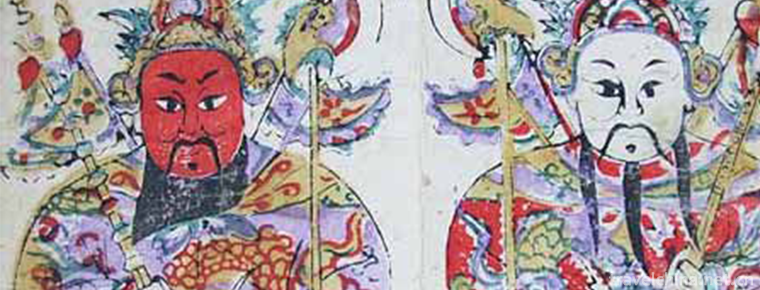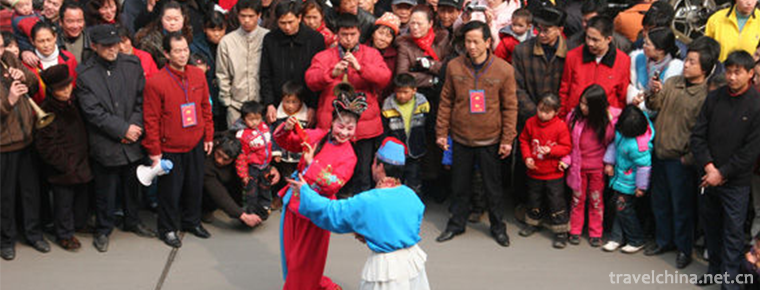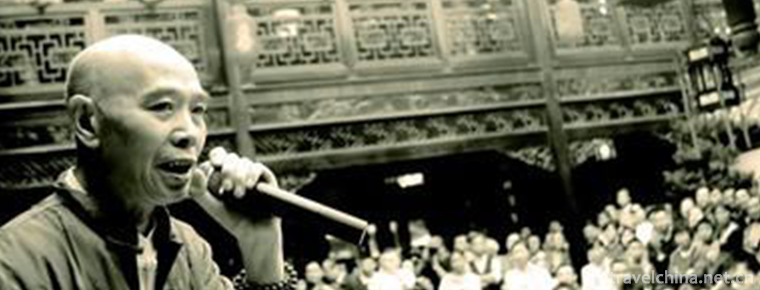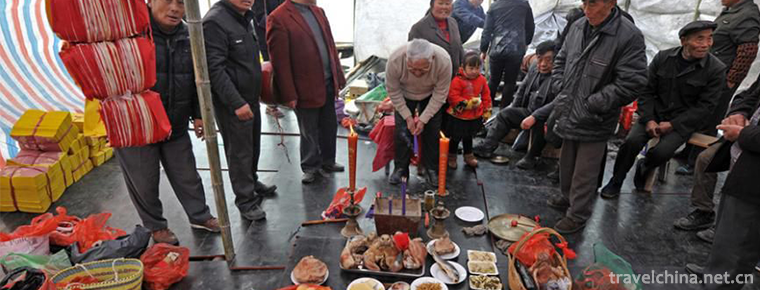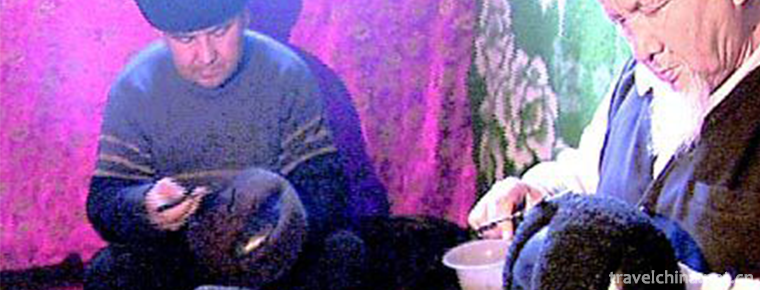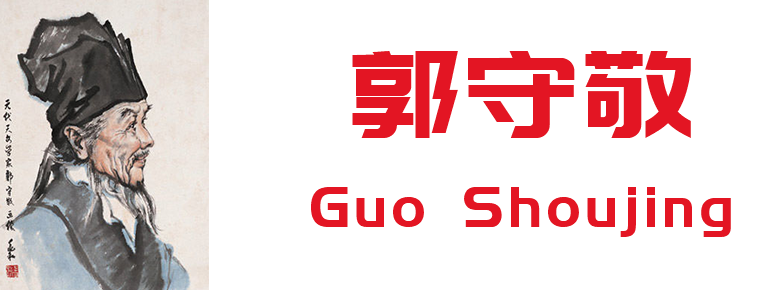Capital University of Economics and Business
Capital University of Economics and Business
Capital University of Economics and Trade was founded in 1956. It was a key university under the municipal authority of Beijing, which was merged and established by the former Beijing School of Economics and the former Beijing Institute of Finance and Trade in March 1995. Over the past 60 years, adhering to the school motto spirit of "advocating morality, advocating ability and benefiting the people through the world", the first businessmen and economists have condensed their thoughts and actions into the camel spirit of "Bona Minxing, Intelligence and Practice" and adhered to the principle of "basing on Beijing, serving the capital, facing the whole country and heading for the world". They have trained 180,000 excellent talents successively for the country and Beijing. The first economic and trade alumni are all over the world and have become an important force in serving the country and the economic and social development of Beijing.
The first economic and trade school is located in Huaxiang, Fengtai District, with full-time undergraduate and postgraduate education as the main part. The Hongmiao Campus is located in Hongmiao, Chaoyang District, with overseas students and adult education as the main part.
Over the past 60 years, the school has developed into a modern, multi-disciplinary financial and Economic University with six disciplines of law, literature, science and engineering as its important characteristics and outstanding advantages. It has four first-level disciplines authorized by doctoral degree and corresponding post-doctoral research mobile stations, seven first-level disciplines authorized by master's degree and 18 professional master's degree authorized sites. The school consists of the School of Urban Economics and Public Administration, the School of Business Administration, the School of Economics, the School of Accounting, the School of Labor Economics, the School of Culture and Communication, the School of Information, the School of Safety and Environmental Engineering, the School of Finance and Taxation, the School of Law, the College of Finance, the College of Statistics, the College of Foreign Languages, the College of Overseas Chinese and the College of Marx There are 19 teaching units in Yixue College, International School of Economics and Management, Ministry of Sports, International College and College of Continuing Education.
School Labor Economics has been approved as a national key discipline and has been incorporated into the "Special Key Discipline Project" of the Ministry of Education. Applied Economics and Statistics have been approved as the First-Level Discipline in Beijing. Enterprise management and accounting have been approved as two-level disciplines in Beijing, management science and engineering as one-level disciplines in Beijing, and political economy as Seven-level disciplines as two-level disciplines in Beijing. Economics, Labor and Social Security, Statistics, Human Resources Management and other specialties have been approved as national characteristic specialties, Economics, Statistics, Labor and Social Security have been approved as pilot projects for comprehensive reform of national specialties, and Accounting and Finance have been approved as the first batch of first-class specialties in municipal colleges and universities, including Political Economics, Labor Economics and Social Security. The National Top Course for Disability Studies, the National Top Course for Political Economics and Social Security, the National Model Course for Bilingual Teaching for Finance and Accounting, International Economics and International Business, the Teaching Team for Human Resources Management Course Group and the Teaching Team for the Core Course of Economics were awarded as the National Teaching Group. Team. The experimental teaching center of economy and management has been appraised as the experimental teaching demonstration center of national colleges and universities, the experimental zone of internationalization of economics has been appraised as the National Experimental Zone of innovation of personnel training mode, the Accounting Institute Deloitte Huayong Accounting Office has been approved as the National College Students'off-campus practical education base and has entered the world of management. 》 It has been awarded the National Excellent Video open course and the school has been awarded the "National Eco-civilization Education Base".
At present, there are 17 576 students in the school, including 10324 undergraduates, 3159 master students, 438 doctoral students, 466 international students, 17 general preparatory students and 3164 adult education students. The scores of college entrance examination score line, employment rate of graduates, starting annual salary of graduates, professional relevance and career development space of undergraduates are far higher than the average level of universities in Beijing.
There are 1446 faculty members and 881 full-time teachers in the school. Among them, 168 are professors and other professional technicians, 336 are associate professors and other associate professional technicians. There are 115 doctoral tutors and 455 master tutors. In recent years, 287 in-service teachers have been awarded national outstanding teachers, national outstanding scientists and technicians, national famous teaching teachers, national millions of talents project, national special support plan for high-level talents (10,000 people plan), Ministry of Education's talent support plan for the new century, Beijing's "highly creative" teaching teachers, Beijing's teaching. Famous teachers and other honorary titles. Since 2006, the school has carried out the work of teacher career planning, and set up the Teacher Promotion Center (OTA) in domestic universities. It is the earliest teacher autonomous organization in Beijing to carry out teacher career planning and teacher career promotion.
In recent years, the ability of schools to undertake state-level projects has been greatly improved, and symbolic research results have been emerging, and the radiation power to serve the country and the capital Beijing has been increasing. The Institute of Economic and Social Development of Metropolitan City was selected as the first pilot unit of high-end think tank construction in the capital. The school has such provincial and ministerial research institutions as Beijing Philosophy and Social Sciences CBD Development Research Base, Beijing Economic and Social Development Policy Research Base, Beijing Key Laboratory of Urban Agglomeration System Evolution and Sustainable Development, Beijing Philosophy and Social Sciences National Tax Law Research Base, and Population and Economic Research Base. Institute, Capital Institute of Economics and other 30 school-level research institutions. The School-sponsored Economic and Management Research is a CSSCI source journal, a national Chinese core journal, a Chinese humanities and Social Sciences core journal, and a RCCSE core journal; Population and Economy is one of the earliest population journals in China, and is a CSSCI source journal, a national Chinese core journal, and a Chinese humanities and Social Sciences journal. Core journal, one of the 200 important journals supported by NSFC.
The school has signed inter-university cooperation agreements with 139 universities and research institutes in 33 countries and regions. Since 1986, the school has enrolled foreign students. It has developed into a multi-level and multi-disciplinary international talent training system. The student categories include doctoral, master, undergraduate, advanced, general, linguistic and short-term students. In 2007, the school opened a master's course in English and a doctoral course in English in 2011. At present, foreign students from 94 countries and regions are enrolled in schools, with a total of 910 students.
Schools will continue to aim at cultivating high-quality applied and innovative talents who can meet the needs of contemporary economic and social development, develop morally, intellectually and physically in an all-round way, have a solid theoretical foundation, have a wide range of knowledge, have innovative spirit and practical ability, and aim at building a "modern, internationalized, multidisciplinary and distinctive first-class, international" in China. Famous University of Finance and Economics aims at pioneering and forging ahead.
(Data updated until November 2018)
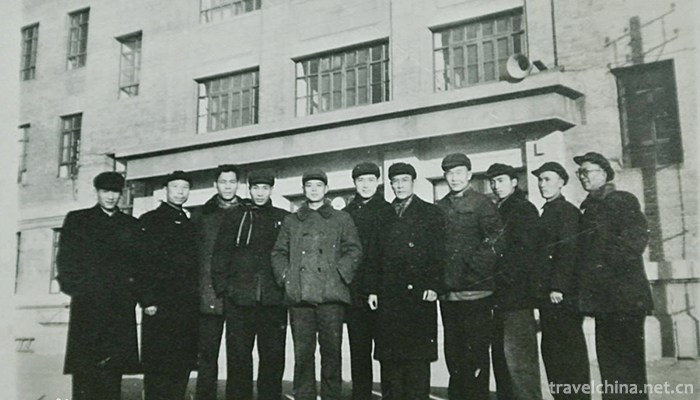
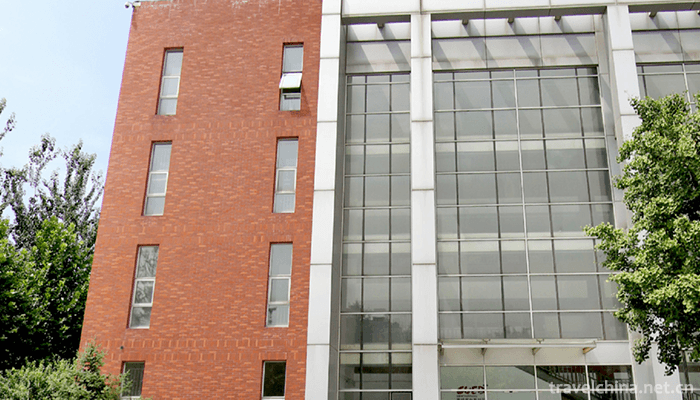
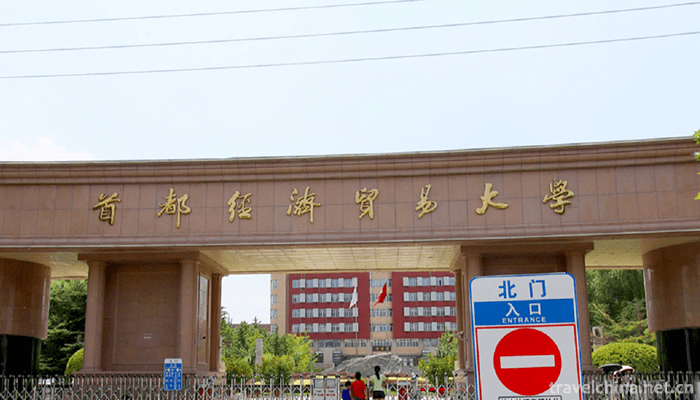
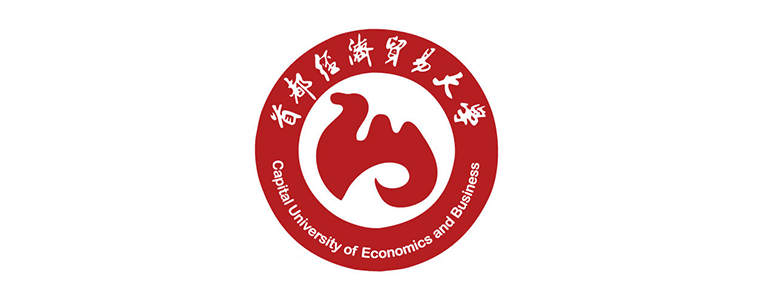
Capital University of Economics and Business
-
Bayanbulak Grassland
Bayinbrook grassland: formerly known as Yuledus grassland, Zhuledus grassland, Yuludus grassland, because it is mainly located in Xinjiang Bayinguoling Mongolian Autonomous Prefecture and the northwes
Views: 168 Time 2018-12-12 -
Leiqiong Haikou Volcanic Group World Geopark
Leiqiong Haikou Volcanic Group World Geopark is located in Shishan Town, southwest of Haikou City. It is only 15 kilometers away from the urban area. The Expressway
Views: 179 Time 2019-01-29 -
Liang Ping Wood New Year Print
Liangping Wood Printing New Year Painting belongs to Liangping's "Three Wonders" (Bamboo Curtain, New Year Painting and Lantern Opera), which is a kind of painting art drawn by the people in
Views: 210 Time 2019-05-13 -
Nanxian Flower Drum
On May 20, 2006, the local flower drum of Nanxian County was listed in the first batch of national intangible cultural heritage list with the approval of the State Council.
Views: 132 Time 2019-06-07 -
Sichuan Book Review
Sichuan commentary, also known as vernacular speech and commentary, is one of the traditional operas in Sichuan Province. It is popular in all parts of Sichuan and Yunnan and Guizhou. The performers t
Views: 148 Time 2019-06-16 -
Netboat Club
Netboat Club is an ancient traditional folk custom and folk religious and cultural activities. During the period of the Republic of China, around the Qingming Festival and the Mid-Autumn Festival, ten
Views: 430 Time 2019-06-26 -
Uygur Karakul fetus
There is a folk song "Turpan grape Hami melon, turtle's lamb a flower". Shaya Uygur Hatters use local lamb skin to make various hats, such as Duhuawa, Wuniqie and Dulikun, for people to buy.
Views: 198 Time 2019-06-26 -
Beijing University of Civil Engineering and Architecture
Beijing Architectural University is a pilot University jointly constructed by Beijing and the Ministry of Housing and Urban-Rural Construction, the "Education and Training Plan for Excellent Engi
Views: 159 Time 2019-09-06 -
Guo Shoujing
Guo Shoujing (1231 - 13 16). Xingzhou Xingtai county (now) Hebei Province Xingtai City People. Yuan Dynasty Famous astronomers, mathematicians, experts in Hydraulic Engineering Early teacher Liu Bin Z
Views: 305 Time 2019-09-07 -
Scrambled eggs with green peppers
Fried eggs with green peppers is a family dish. The main ingredients are eggs and green peppers. The auxiliary ingredients are lard, salt, vinegar, onion, etc. the main cooking technology is fried, ye
Views: 461 Time 2020-04-10 -
Leshan landform
Leshan City is located in the transition zone from Sichuan basin to southwest mountainous area. The overall trend is high in Southwest China and low in Northeast China. The highest point is the main peak of Ma'anshan in Ebian Yi Autonomous County, with an altitude
Views: 396 Time 2020-12-17 -
Leshan scenic spot
As of 2018, Leshan City has 3 world-class heritages, 10 national key cultural relics protection units, 4 national intangible cultural heritages, 3 national scenic spots, 2 nature reserves and wetland parks, 3 National Forest Parks, 1 National Geological Park and 1 Mining
Views: 341 Time 2020-12-17

